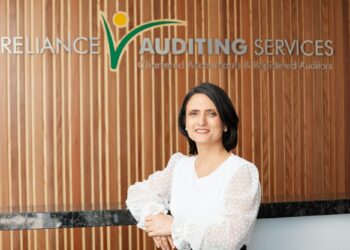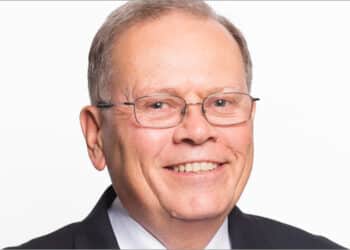Having a comprehensive estate plan is the only way to ensure someone’s wishes are carried out after their death, but many still get it wrong, according to Anna Hacker, wills and estates-accredited specialist at Equity Trustees.
For SMSFs specifically, a valid binding death benefit nomination is a key consideration, Ms Hacker suggested, to ensure that when a member dies the balance of the member’s account will be passed on to the nominated beneficiary.
“If there is no such valid nomination, the balance of the member’s account will pass according to the discretion of the trustee or pursuant to the terms of the governing trust deed. This might mean that it is directed to the estate of the member and the proceeds allocated accordingly,” Ms Hacker said.
“The risk the member runs in this situation is that a claim is made on the estate and that the proceeds may not end up in the hands of the beneficiary the member would have wanted.”
In addition, divorce, separation and blended families make for a complicated estate, Ms Hacker said.
“Although marriage revokes all previous wills, divorce does not always. Marriage breakdown and remarriage should be triggers to review arrangements,” Ms Hacker said.
“It is increasingly common for wills to be challenged in court, whether by an ex-partner or another family member. In a number of cases, these challenges are upheld. While it is impossible to prevent a challenge, the best way to make it unlikely to succeed is to obtain expert assistance in developing the estate plan,” Ms Hacker said.
One of the most valuable aspects of an estate plan, she added, is that it offers the capacity to establish a power of attorney – an aspect that is often overlooked or ignored.
“It can be hard for people to accept that they may not have the mental capacity in the future to manage their affairs,” Ms Hacker said.
“With an ageing population, the number of people with issues such as dementia will only increase – statistics suggest that there will be around 400,000 people in Australia with dementia by 2020 and 900,000 by 2050.”


